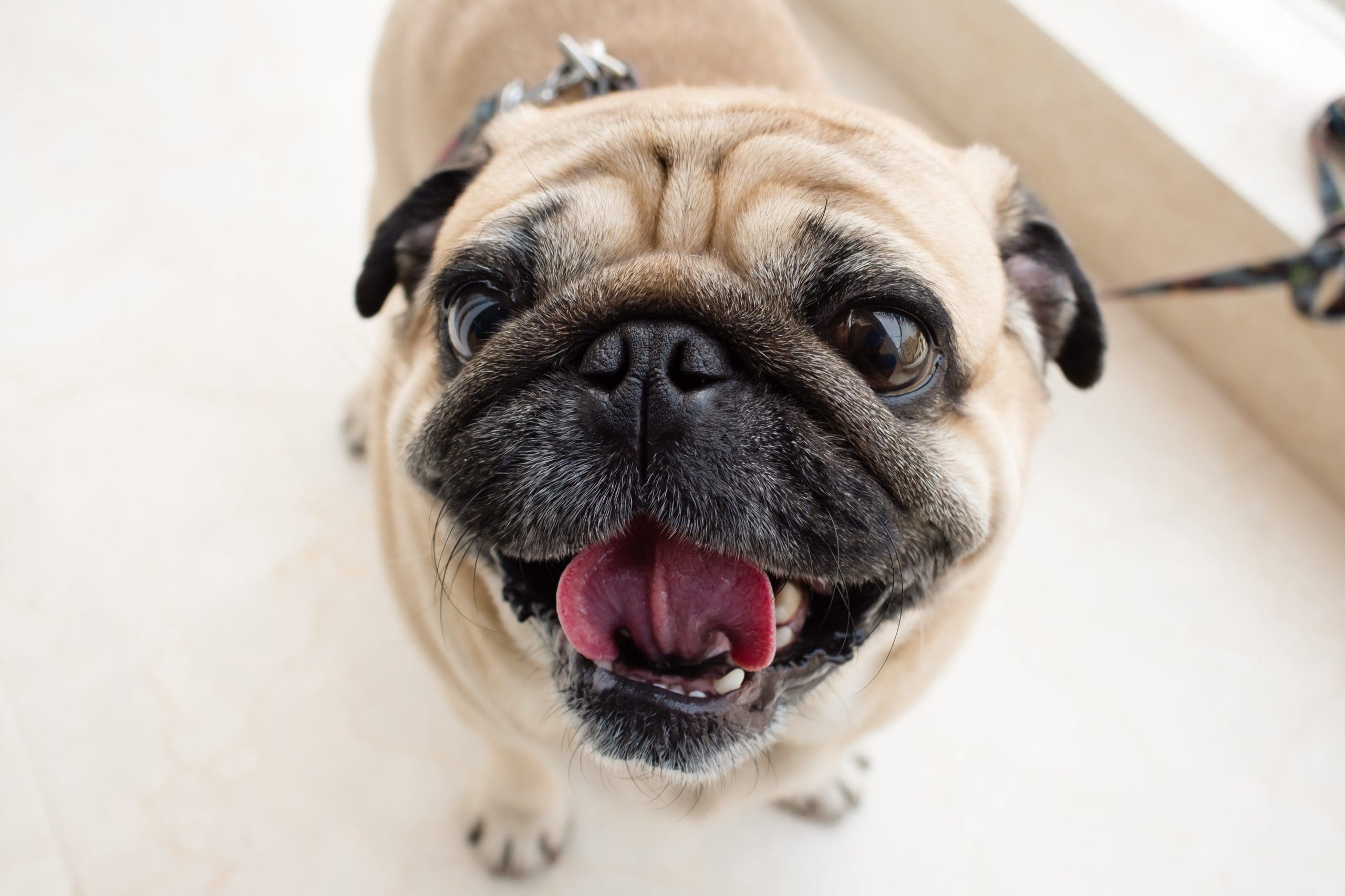 It’s common to see our furry friends panting after a vigorous play session or a long walk. But what about those times when your dog is panting while resting? Seeing your canine companion panting can be concerning when they should be relaxed and calm. This blog post will explore why your dog might be panting while at rest, helping you better understand their behavior and how to address it.
It’s common to see our furry friends panting after a vigorous play session or a long walk. But what about those times when your dog is panting while resting? Seeing your canine companion panting can be concerning when they should be relaxed and calm. This blog post will explore why your dog might be panting while at rest, helping you better understand their behavior and how to address it.
Overexertion and Exercise
One possible reason for your dog’s panting while resting is overexertion or intense exercise. Just like humans, dogs need time to recover after physical activity. If your dog has been running, playing fetch, or engaging in other strenuous activities, they may still pant as their body tries to regulate its temperature. Give them time to rest and cool down, ensuring they can access fresh water.
Heat and Humidity
Dogs don’t sweat like humans do; instead, they pant to cool down. When the weather is hot or humid, dogs are more likely to pant to release heat and regulate their body temperature. If your dog is resting in a warm environment or during the peak hours of a hot day, it’s natural for them to pant. Ensure they have a relaxed and well-ventilated space to rest in and provide access to water to keep them hydrated.
Stress and Anxiety
Panting can also be a sign of stress or anxiety in dogs. Like humans, dogs can experience emotional distress, manifesting through panting. Loud noises, new environments, separation anxiety, or fear can trigger this response. If your dog is panting while resting and displaying other signs of stress, such as pacing, whining, or trembling, it’s crucial to address their emotional well-being. Please provide them with a calm and safe space, use positive reinforcement techniques, and consider seeking guidance from a professional dog trainer or behaviorist.
Medical Conditions
In some cases, panting while resting can be a symptom of an underlying medical condition. Dogs with heart problems, respiratory issues, or pain may exhibit excessive panting to cope with discomfort. If you notice your dog’s panting is accompanied by other symptoms like coughing, lethargy, loss of appetite, or difficulty breathing, it’s crucial to consult a veterinarian. They can evaluate your dog’s overall health and provide appropriate treatment.
Understanding your dog’s behavior is an essential part of responsible pet ownership. While panting while resting can be expected, paying attention to any changes or additional symptoms your dog may display is necessary. By being observant and taking appropriate action when needed, you can ensure the well-being and happiness of your canine companion.
Remember, this blog post is not intended to replace professional advice. If you have concerns about your dog’s health or behavior, consult a veterinarian or a qualified animal professional.

